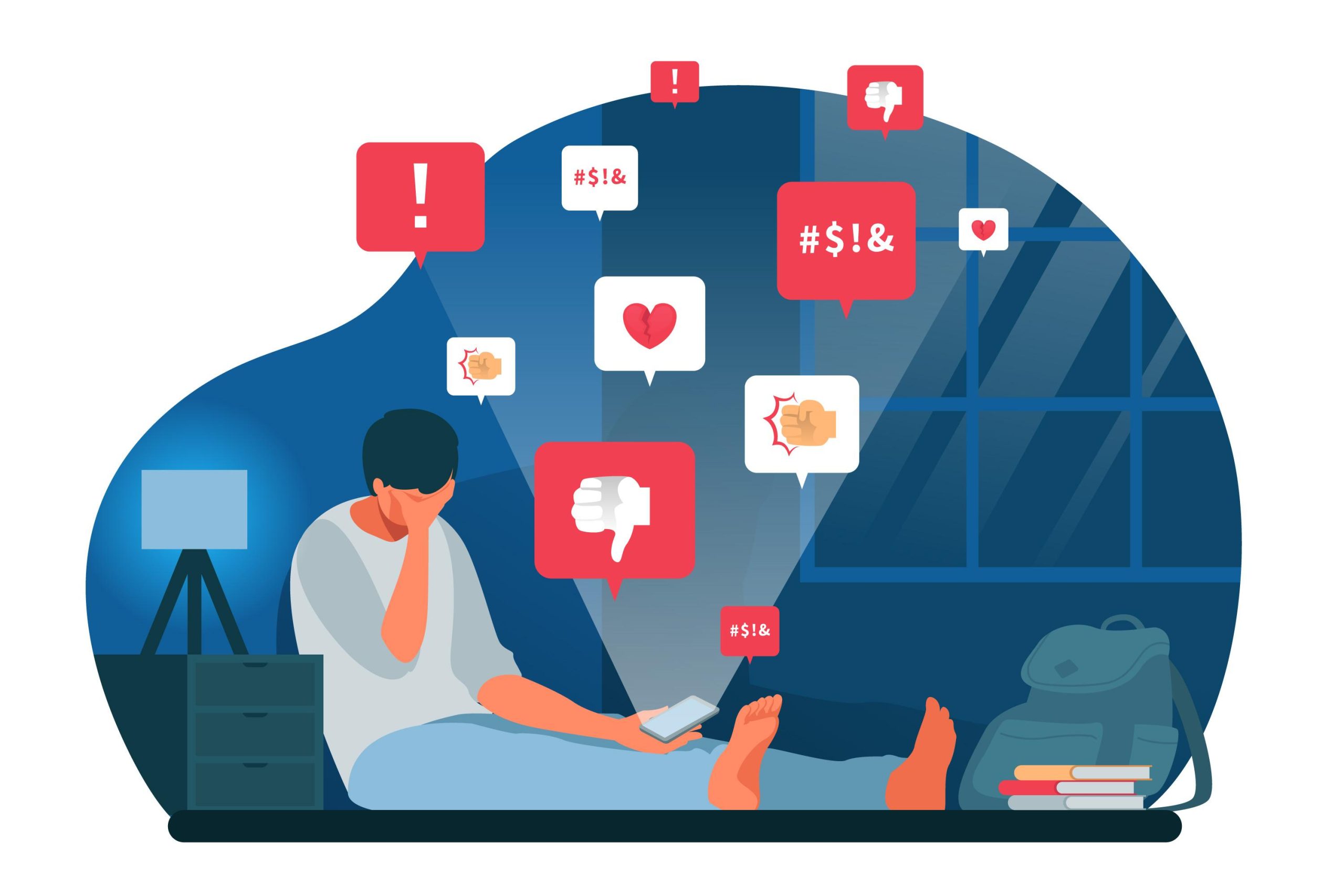Social media has revolutionized the way we connect, share, and interact with others. It has become an integral part of our daily lives, offering opportunities for communication, entertainment, and self-expression. However, along with its many benefits, social media also brings potential risks to our mental health. The constant exposure to curated online personas, the fear of missing out (FOMO), cyberbullying, and the addictive nature of social media can all have a profound impact on our well-being. It is crucial to understand the effects of social media on mental health and develop strategies to maintain a healthy relationship with these digital platforms.
The Comparison Trap: Navigating the Culture of Perfection
One of the significant challenges posed by social media is the culture of comparison it fosters. As we scroll through our feeds, we often encounter carefully curated posts showcasing the highlights of others’ lives. This can lead to feelings of inadequacy, low self-esteem, and a distorted perception of reality. It’s important to recognize that social media presents a filtered version of people’s lives and that everyone experiences both ups and downs. Developing a healthy mindset and focusing on self-acceptance can help combat the comparison trap and promote positive mental well-being.
Mindful Engagement: Setting Boundaries and Prioritizing Self-care
Engaging with social media mindfully is essential for maintaining digital well-being. Setting boundaries by establishing designated screen-free times, limiting the amount of time spent on social media, and avoiding excessive late-night scrolling can help prevent the negative impact on mental health. Prioritizing self-care activities, such as engaging in hobbies, spending time in nature, or connecting with loved ones offline, can provide a much-needed balance and rejuvenation from the digital world. By nurturing a healthy relationship with social media, we can protect our mental well-being and create space for meaningful offline experiences.
Cultivating Authentic Connections: Building a Supportive Online Community
While social media can contribute to feelings of isolation and loneliness, it also has the potential to foster genuine connections and create a supportive online community. Actively seeking out positive and uplifting content, engaging in meaningful conversations, and participating in groups or communities with shared interests can help cultivate authentic connections. By focusing on building relationships based on genuine connection and support, we can transform our social media experience into a source of positivity and well-being.
Digital Detox: Taking a Break for Mental Refreshment
In today’s digital age, taking regular breaks from social media is crucial for mental refreshment. A digital detox involves temporarily disconnecting from social media platforms to rejuvenate and refocus on real-life experiences. This can be done by designating specific days or periods where social media usage is minimized or completely avoided. During this time, individuals can engage in activities that promote mindfulness, such as meditation, journaling, or engaging in hobbies that provide a sense of fulfillment. Digital detoxes allow for mental clarity, reduced stress, and a renewed appreciation for the present moment.
Seeking Support: Professional Help for Digital Well-being
If the negative impact of social media on mental health becomes overwhelming, seeking professional help is a proactive step towards digital well-being. Mental health professionals can provide guidance, support, and strategies to navigate the challenges posed by social media. They can assist in developing coping mechanisms, managing anxiety or depression related to social media use, and finding a healthy balance between the digital world and offline life. Seeking professional help empowers individuals to take control of their mental well-being and develop a sustainable and healthy relationship with social media.
Embracing Digital Well-being: Striking a Balance in the Digital Age
In conclusion, while social media has become an integral part of our lives, it is crucial to recognize its potential impact on our mental health. By understanding the challenges posed by social media, setting boundaries, practicing mindful engagement, cultivating authentic connections, taking digital detoxes, and seeking professional support when needed, we can navigate the digital landscape in a way that promotes our well-being. It’s important to remember that we have the power to shape our online experiences and prioritize our mental health in the digital age. By adopting these strategies and embracing digital well-being, we can harness the benefits of social media while maintaining a healthy balance in our live.
